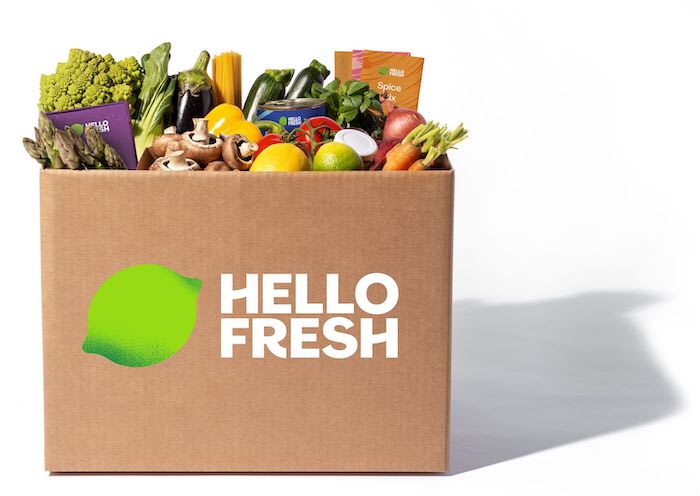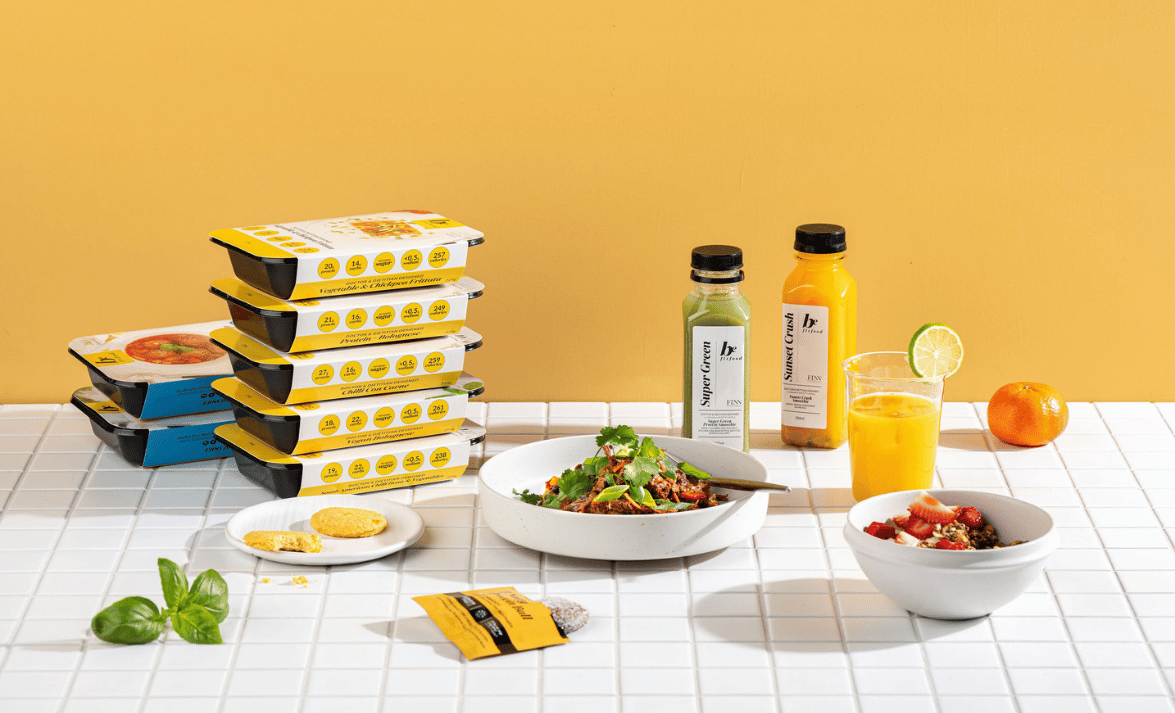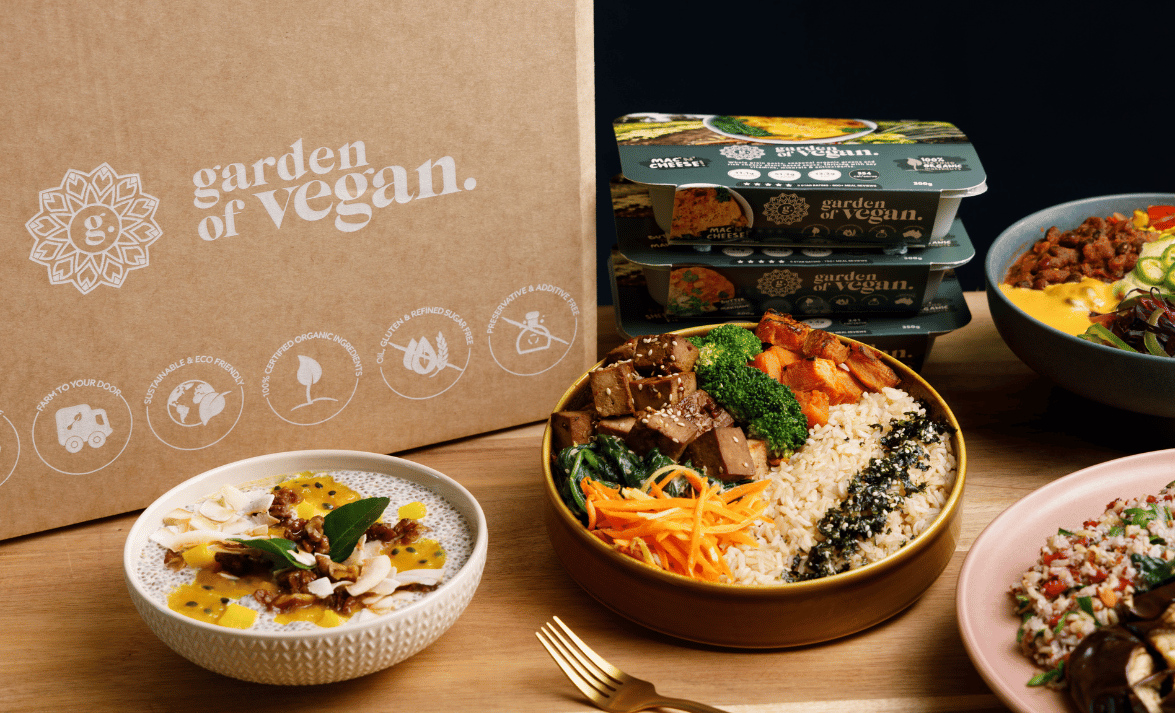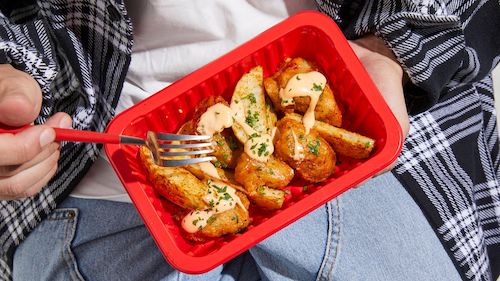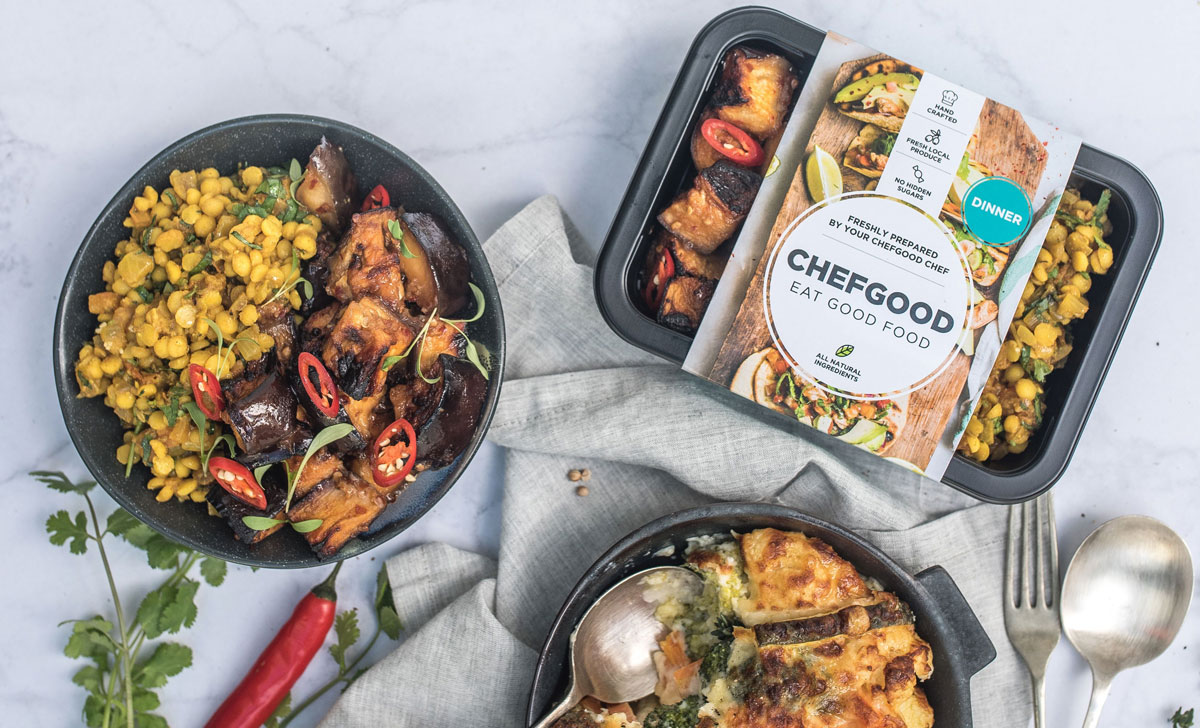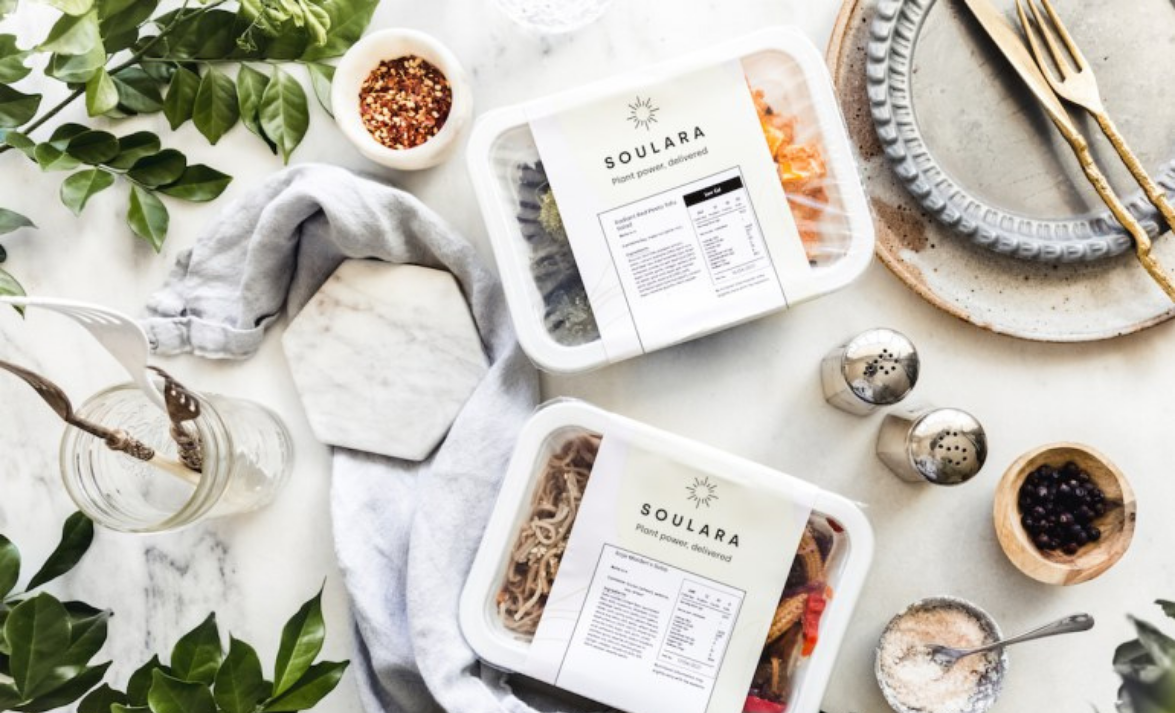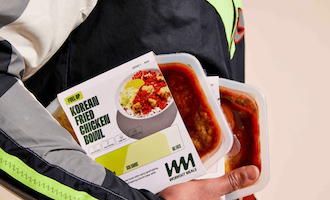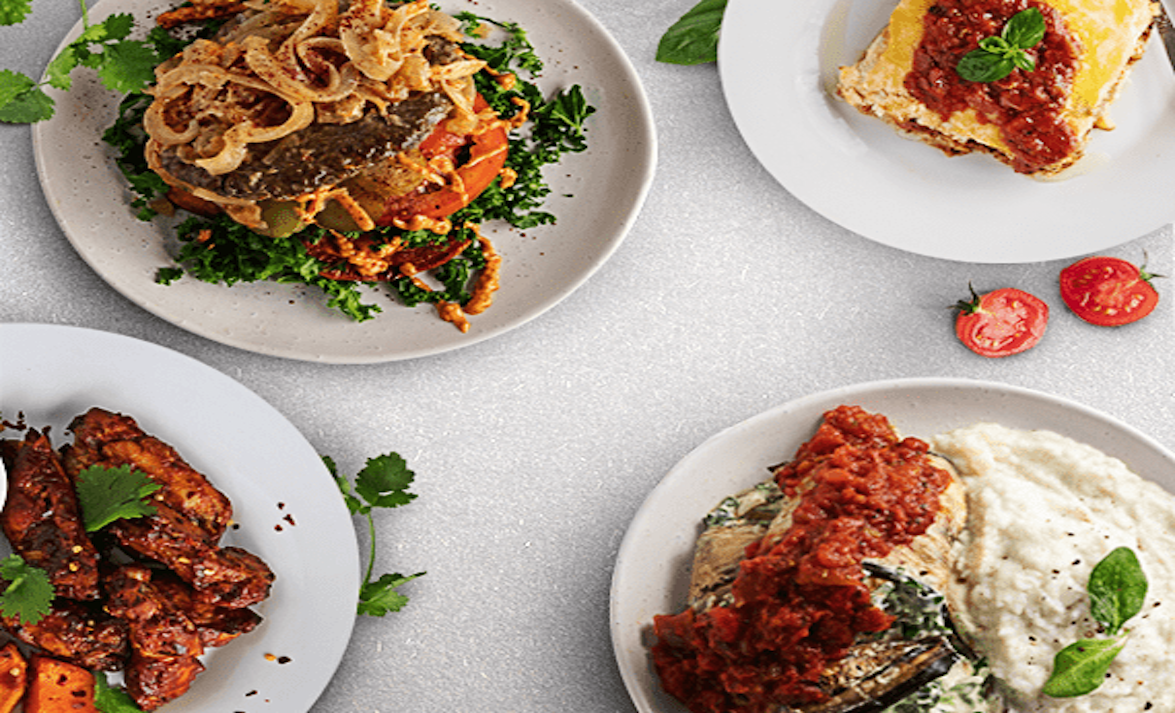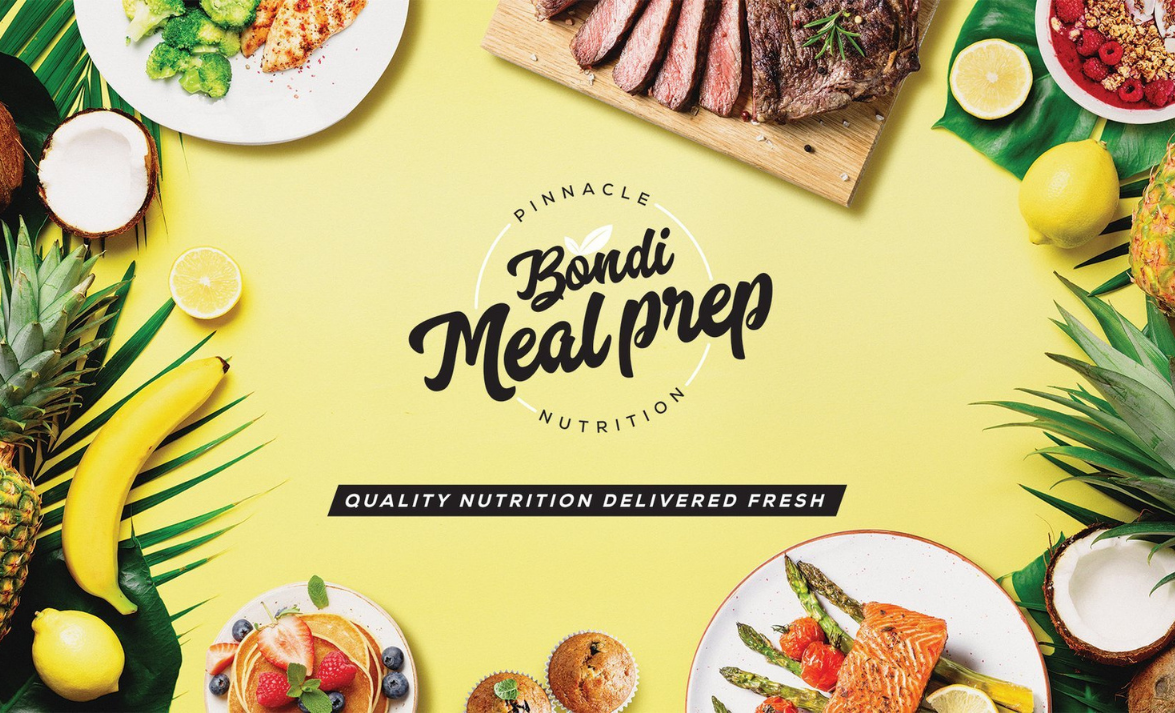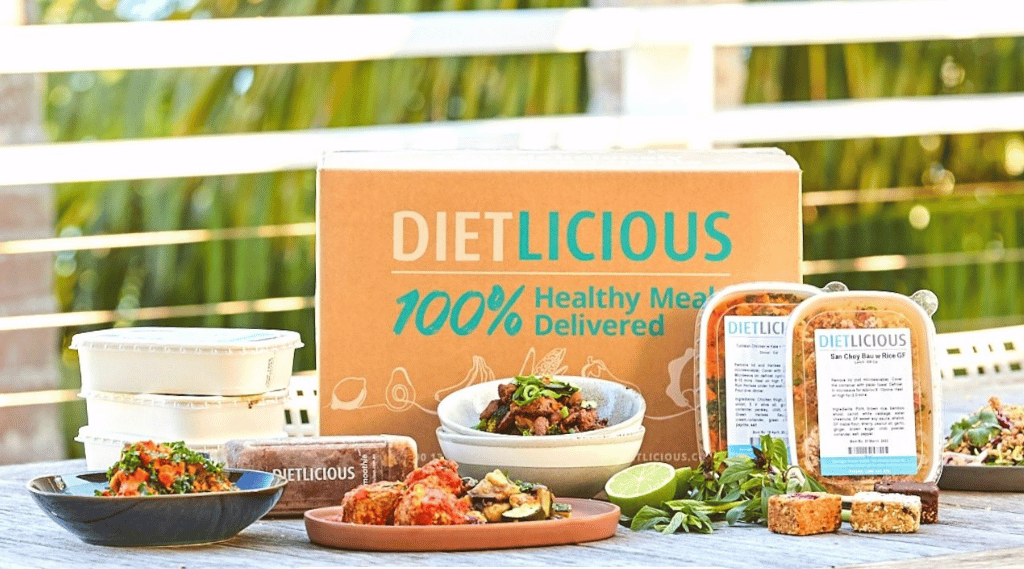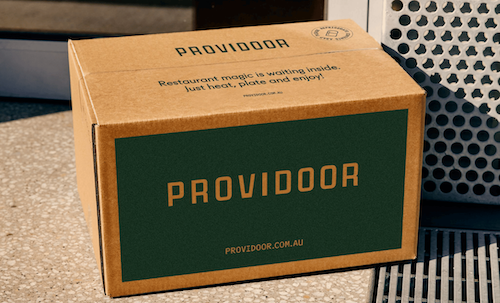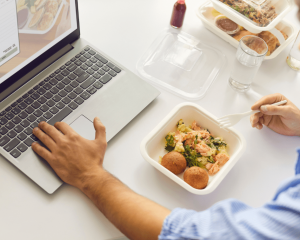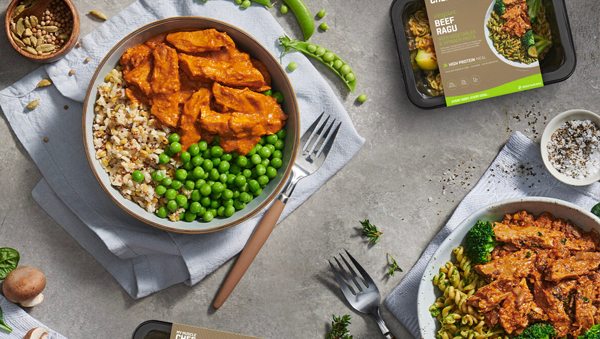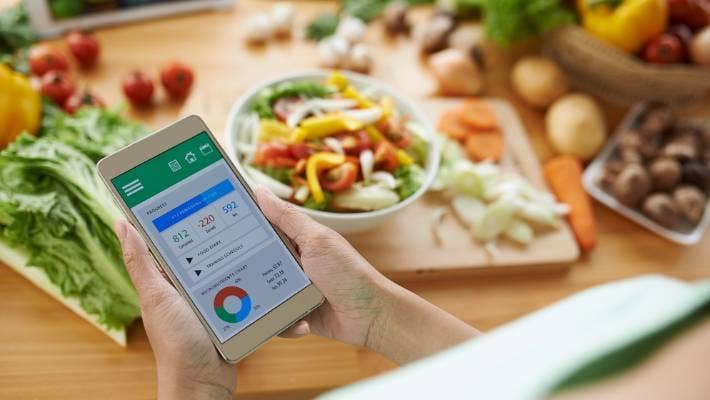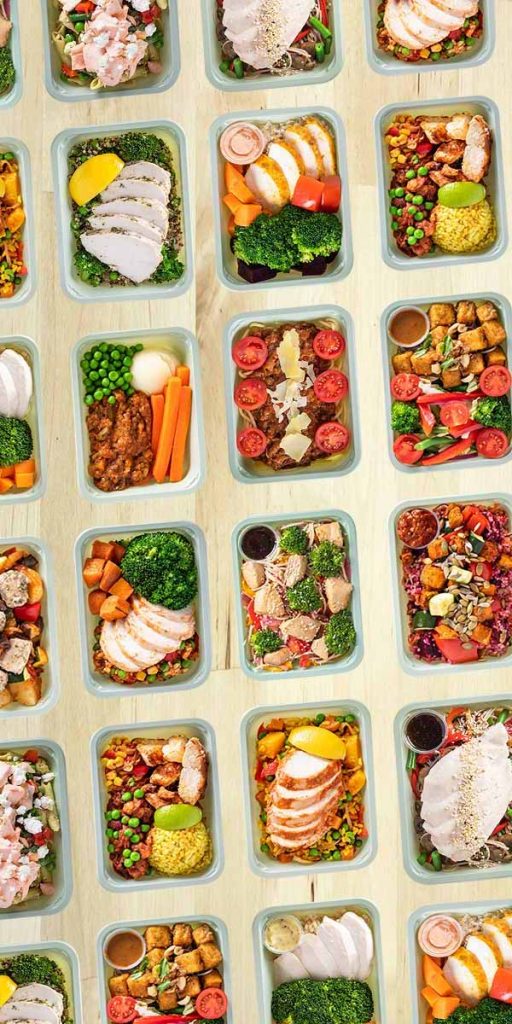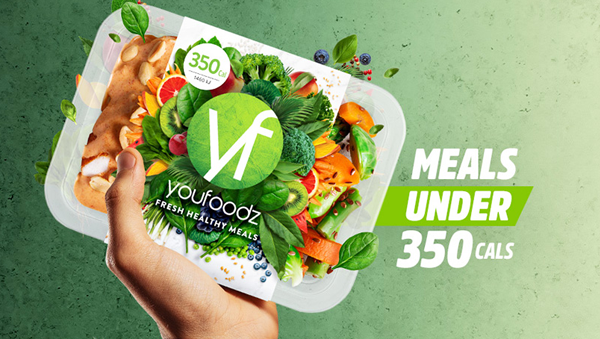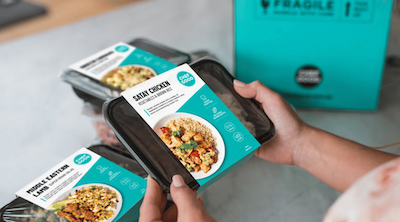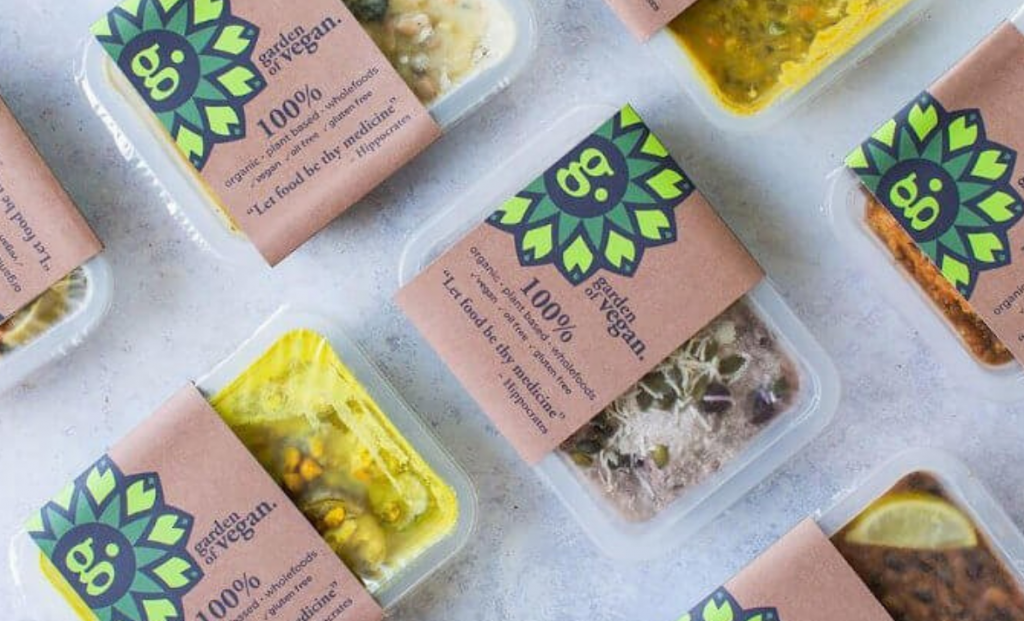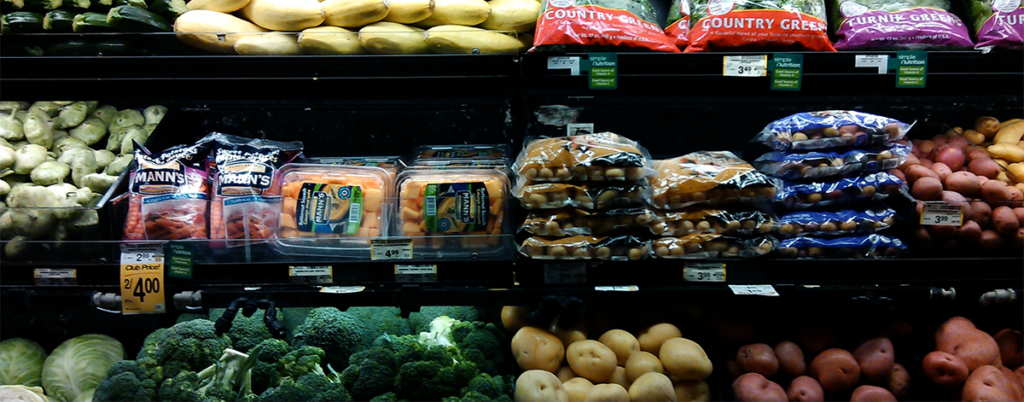- Meal Delivery
Shop by Category
TOP PROVIDERS
POPULAR SEARCHES
Meal Finder Tool

Use our meal finder quiz to find the best meal delivery service for you.
- Vitamin & Supplements
- Deals
- About
- Blog
Weight Loss Meal Delivery Australia
Weight Loss Meal Delivery Australia
Our experts have found and compared Australian weight loss meal delivery services that provide meals with low energy requirements to meet your weight loss goals. Whether you’re looking for high-protein, plant-based, or calorie-controlled meals, simply compare Australian providers below or read on to learn how to find the best weight loss meal delivery service to reach your health goals.
Featured Product
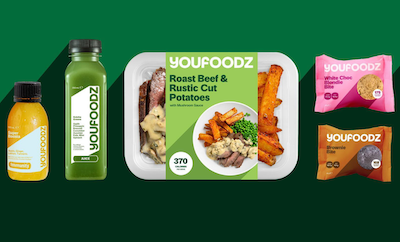
Featured Product
Get up to $200 off your first 5 Youfoodz boxes! *Offer is valid for new customers and past customers who cancelled their account at least 12 months ago.
Compare Weight Loss Meals
Advertiser Discolure Advertiser DiscolureGet up to $200 off first 6 boxes! Get Deal
Hello Fresh have several carb and calorie smart meals available as part of their weekly menu to support Weight Loss. …
NSW, VIC, ACT, QLD, NT, SA, WA
$11.67/serve
Save $150 Across 5 orders! Get Deal
Low in carbs and calories to help support an individual’s weight loss goals. Each of the weight loss meals is 300g and under 350 calories.
NSW, VIC, ACT, QLD, NT, SA, WA, TAS
$10.50/serve
Up to $200 off your first 5 boxes! Get Deal
Meals under 400 calories and snacks under 175 calories available for breakfast lunch and dinner.
NSW, VIC, ACT, QLD, NT, SA, WA, TAS
$9.00/serve
$30 off first purchase! Get Deal
Dietitian-approved meals based on the ketogenic diet and are low-carb, calorie-controlled and nutrient dense. 800-900 calories per day.
NSW, VIC, ACT, QLD, SA, WA
$8.30/serve
Get $220 OFF first 5 boxes! Get Deal
350 to 550 calories per serving, select from multiple low-calorie meals to cook at home for 2 or 4 people.
NSW, VIC, ACT, QLD, NT, SA, WA, TAS
$10.99/serve
$100 OFF YOUR FIRST 4 ORDERS! Get Deal
The meals on this plan are low in fat, and low in sodium and are all under 450 calories.
NSW, VIC, ACT, QLD, SA, TAS
$12.95/serve
Save up to $120 on your first 6 orders! Get Deal
Balanced meals, rich in nutrients and low in kilojoules to support your weight loss journey.
NSW, VIC, ACT, QLD, SA, WA, TAS
$10.95/serve
Australia’s #1 weight loss and healthy lifestyle program. Check out their weight loss coaching and range of weight loss meals.
NSW, VIC, ACT, QLD, NT
$11.20/serve
30% off your first order and 20% off your next order! Get Deal
A calorie-controlled weight loss meal plan at 350calories/per meal.
NSW, VIC, ACT, QLD, SA, TAS
$10.30/serve
$200 OFF Your First 8 Orders Get Deal
100% vegan and plant-based meals. The Calorie Controlled meals available are less than 350 calories per meal.
NSW, VIC, ACT, QLD, NT, SA, WA, TAS
$10.95/serve
Lean & Clean Meal Pack is a set of 6 meals designed to help you lose weight. Meals are 350 calories.
NSW, VIC, ACT, QLD, SA
$11.35/serve
Foober offers low calorie and keto meals including keto meal plans for Sydney, Melbourne and Brisbane. Meals are are weight …
NSW, VIC, QLD
$10.95/serve
Get 10% Off Your Order! Get Deal
Bondi Meal Prep creates freshly prepared and healthy quick weight loss meals. Each meal includes optimum ratios of protein, fats …
NSW, VIC, ACT, QLD
$12.90/serve
$30 off your first order! Get Deal
Dietlicious is a flexible meal service that offers pre-made meals with no contracts and no joining fees to use their …
NSW, VIC, ACT, QLD
$11.00/serve
Providoor supplies restaurant quality, snap frozen meals that preserve the flavour and freshness of the food. Featuring meals prepared by …
NSW, VIC, QLD
$13.00/serve


